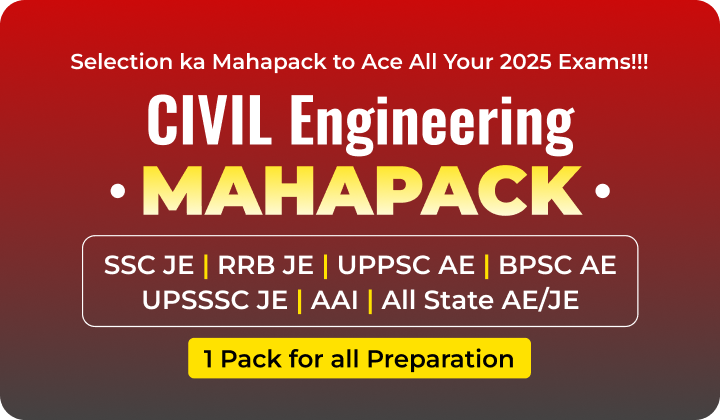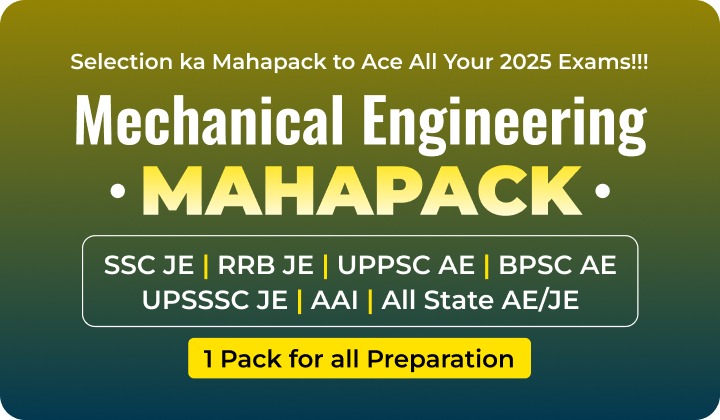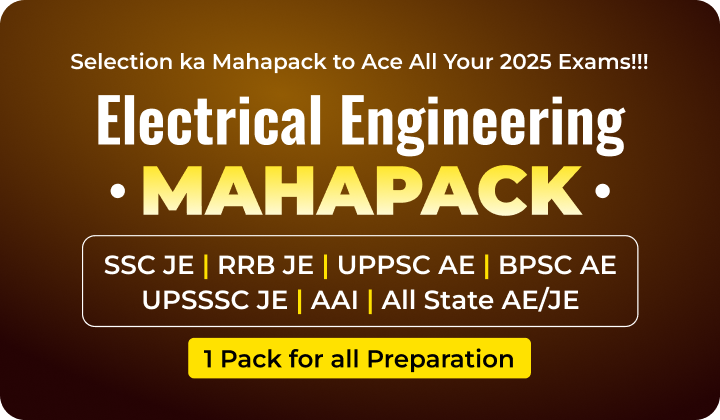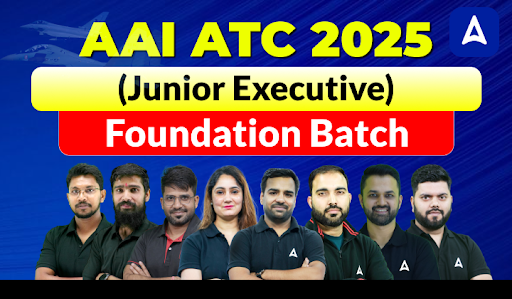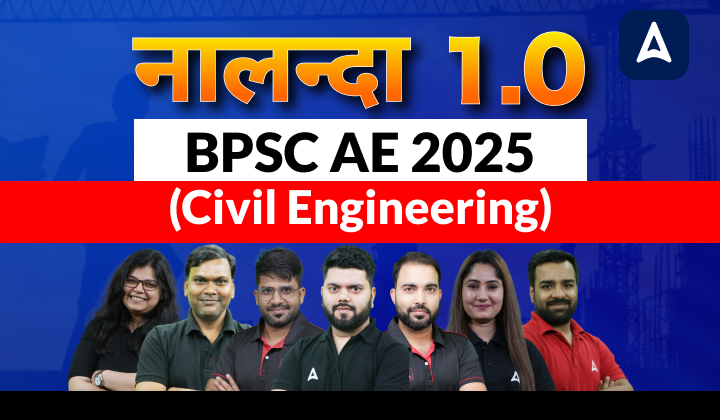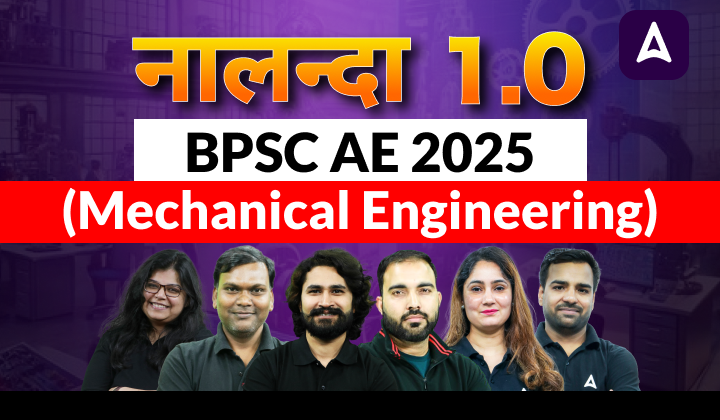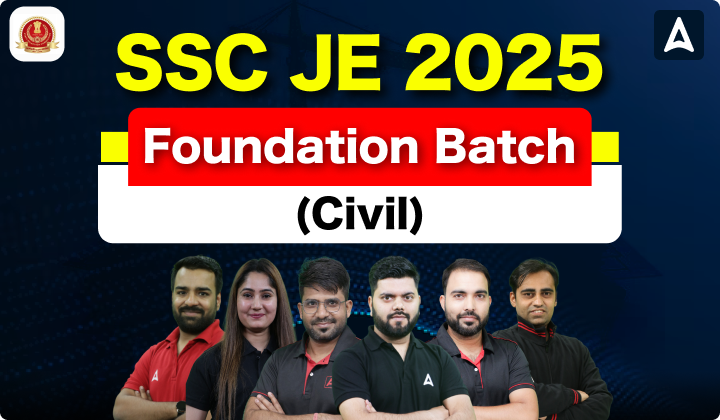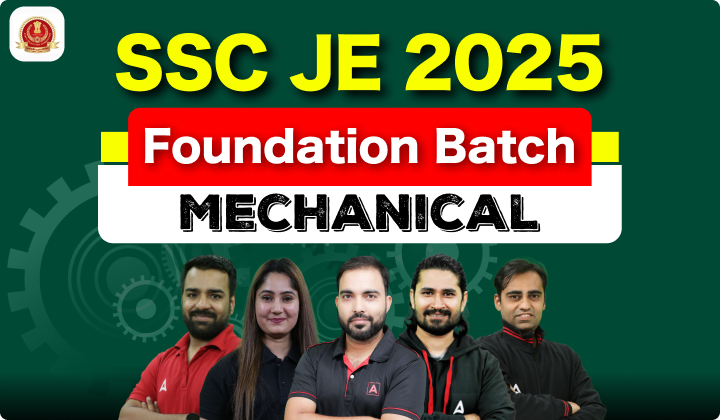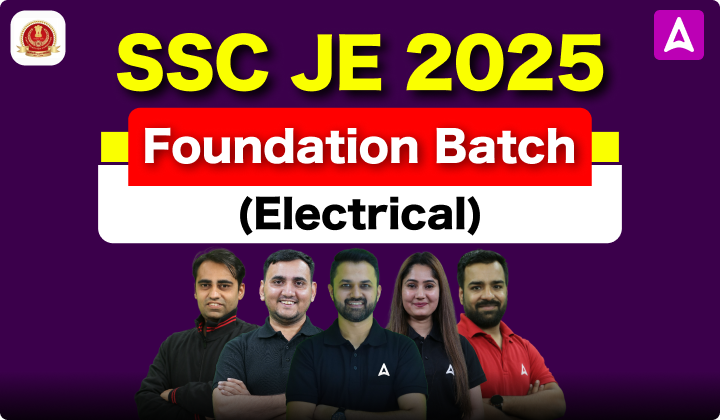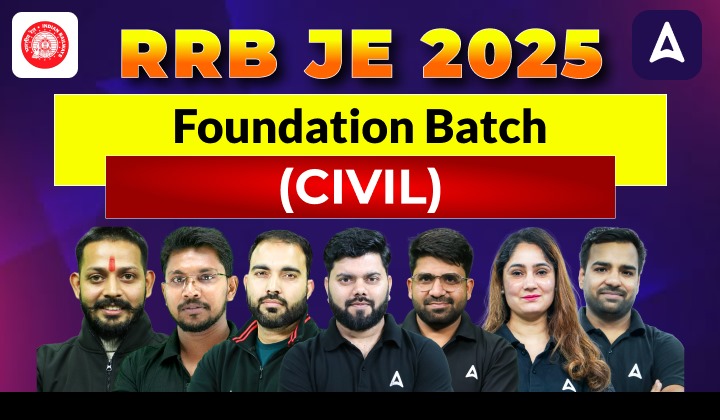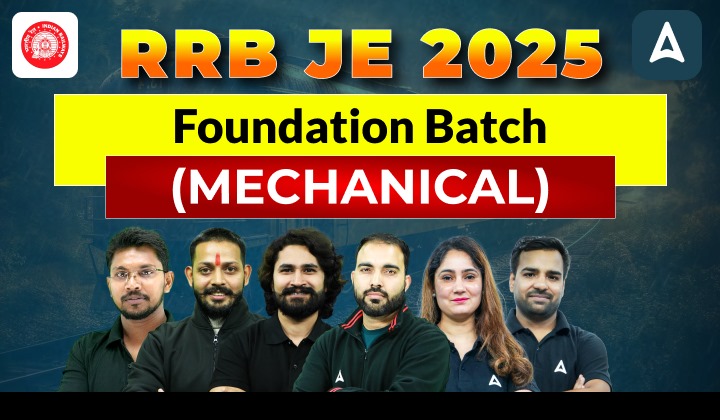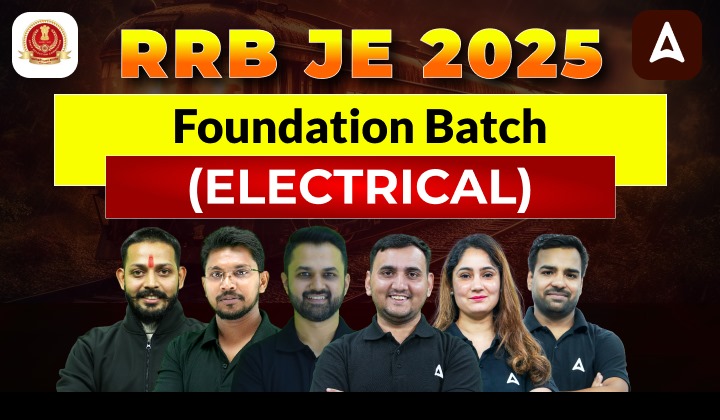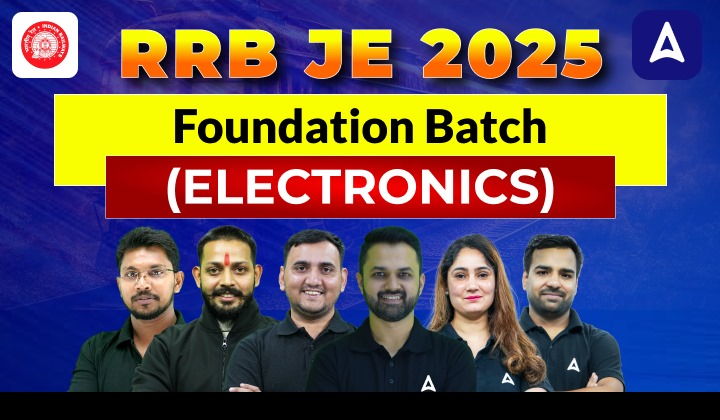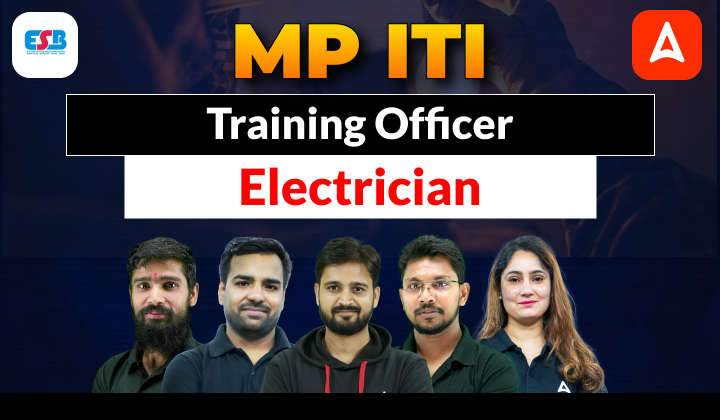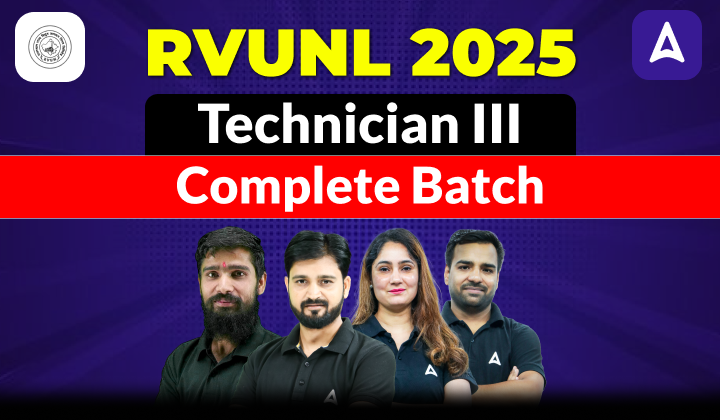Table of Contents
The Gujarat Public Service Commission (GPSC) has released the GPSC Syllabus 2024, which can be accessed in PDF format via its official website @gpsc.gujarat.gov.in. This syllabus encompasses written Examinations of the esteemed Assistant Engineer, District Malaria Officer, Assistant Environment Engineer, and Executive Engineer. This examination identifies candidates for positions within various Government of Gujarat departments. Engineering graduates are strongly advised to initiate their exam preparation by devising a meticulously structured study plan that aligns with the Gujarat PSC Syllabus 2024 and the Gujarat PSC Exam Pattern 2024, both of which are comprehensively detailed in this article.
GPSC Syllabus 2024
Gujarat Public Service Commission conducts the Examination offering opportunities to Assistant Engineer, District Malaria Officer, Assistant Environment Engineer, and Executive Engineer positions. As the competition level is very high for the GPSC Exam 2024, it’s required to start preparing from today only as per GPSC Syllabus 2024. This article consists of a detailed GPSC 2024 Syllabus and GPSC Exam Pattern. Read the full article carefully for deep insight into Gujarat PSC Syllabus 2024 & bookmark this website for further Engineering Job Updates.
Gujarat PSC Syllabus 2024-Overview
The key highlights related to Gujarat PSC Syllabus 2024 are given in the table below:
| Gujarat PSC Syllabus 2024 | |
| Organization | Gujarat Public Service Commission |
| Name of Posts | Assistant Engineer, District Malaria Officer, Assistant Environment Engineer, and Executive Engineer |
| Number of Vacancies | 605 |
| Gujarat PSC Syllabus | Available Here |
| Selection Process | Written Exam and Interview |
| Official Website | gpsc.gujarat.gov.in |
Gujarat PSC Exam Pattern 2024
The GPSC Exam Pattern create the blueprint of the actual exam that is supposed to be taken by the candidates. Stage I of the Written Examination will consist of objective-type questions from the technical and general studies section. The aspirants who qualify for the Cutoff marks will be required to face the Interview encompassing conventional questions from the discipline. The detailed Gujarat PSC Exam Pattern 2024 is given below for the written examination.
- The GPSC Exam will have 02 Papers i.e. Paper 1 for General Studies and Paper 2 for Specific Discipline.
- The exam duration will be 03 hours.
- Each question will carry one mark.
- There is a negative marking of 1/3rd marks for a wrong answer.
| Gujarat PSC Exam Pattern 2024 | |||
| Name of Subject | Number of Questions | Total Marks | Exam Duration |
| General Studies | 100 | 100 | 3 Hours |
| Respective Discipline | 200 | 200 | |
| Total | 300 | 300 | |
Gujarat PSC Syllabus 2024 In Detail
The GPSC Exam will be conducted online and will consist of 300 questions related to the candidate’s field of study, based on the required qualification level. Candidates need to answer these 300 multiple-choice questions within 3 hours. To cover the full syllabus, it’s important to have a well-organized study plan and manage time effectively. Using the right strategy and preparation approach can help improve your performance. Below is a detailed, topic-wise syllabus for the GPSC Exam 2024.
General Studies
- Geography of India-Physical, Economic, Social, Natural Resources and
population-related topics- with special reference to Gujarat - The cultural heritage of India-Literature, Art, Religion, and Architecture- with
special reference to Gujarat - History of India with special reference to Gujarat
- Indian Economy and Planning
- Indian Polity and the Constitution of India:
1. Preamble 2. Fundamental Rights and Fundamental Duties 3. Directive Principles of State Policy 4. Composition of Parliament 5. Powers of the President of India 6. Powers of Governor 7. Judiciary 8. Provisions for Scheduled Castes, Scheduled Tribes, and backward classes of the society 9. Attorney General 10.NITI Aayog 11.Panchayati Raj Institutions 12. Finance Commission 13. Constitutional and Statutory Bodies: Election Commission of India, Union Public Service Commission, State Public Service Commission, Comptroller and Auditor General; Central Vigilance Commission, Lokpal and Lokayukta, Central Information Commission - General Mental Ability
- General Science, Environment, and Information & Communication Technology
- Daily events of Regional, national, and International Importance including Sports
Civil Engineering
Building Materials
Stone, Lime, Glass, Plastics, Steel, FRP, Ceramics, Aluminum, Fly Ash, Basic Admixtures, Timber, Bricks and Aggregates: Classification, properties, and selection criteria; Cement: Types, Composition, Properties, Uses, Specifications and various Tests; Lime & Cement Mortars and Concrete: Properties and various Tests; Design of Concrete Mixes: Proportioning of aggregates and methods of mix design.
Solid Mechanics
Elastic constants, Stress, plane stress, Strains, plane strain, Mohr’s circle of stress and strain, Elastic theories of failure, Principal Stresses, Bending, Shear, and Torsion.
Structural Analysis
Basics of the strength of materials, Types of stresses and strains, Bending moments and shear force, the concept of bending and shear stresses; Analysis of determinate and indeterminate structures; Trusses, beams, plane frames; Rolling loads, Influence Lines, Unit load method & other methods; Free and Forced vibrations of single degree and multi-degree freedom system; Suspended Cables; Concepts and use of Computer Aided Design.
Design of Steel Structures
Principles of Working Stress methods, Design of tension and compression
members, Design of beams and beam column connections, built-up sections,
Girders, Industrial roofs, Principles of Ultimate load design.
Design of Concrete and Masonry structures
Limit state design for bending, shear, axial compression and combined forces; Design of beams, Slabs, Lintels, Foundations, Retaining walls, Tanks, Staircases; Principles of pre-stressed concrete design including materials and methods; Earthquake resistant design of structures; Design of Masonry Structure.
Construction Practice, Planning, and Management
Construction – Planning, Equipment, Site investigation, and Management including Estimation with the latest project management tools and network analysis for different Types of works; Analysis of Rates of various types of works; Tendering Process and Contract Management, Quality Control, Productivity, Operation Cost; Land acquisition; Labour safety and welfare.
Building Construction
Brick and stone masonry walls, types of masonry, cavity walls, reinforced brickwork, building services, detailing of floors, roofs, ceilings, stairs, doors, and windows, finishing, formwork, groundwater control techniques, cofferdams, functional planning of the building, orientations of buildings, low-cost housings.
The flow of Fluids, Hydraulic Machines, and Hydro Power
Fluid Mechanics, Open Channel Flow, Pipe Flow: Fluid properties; Dimensional Analysis and Modeling; Fluid dynamics including flow kinematics and measurements; Flow net; Viscosity, Boundary layer and control, Drag, Lift, Principles in open channel flow, Flow controls. Hydraulic jump; Surges; Pipe networks.
Hydraulic Machines and hydropower
Various pumps, Air vessels, Hydraulic turbines – types, classifications & performance parameters; Power house – classification and layout, storage, bondage, control of supply.
Hydrology and Water Resources Engineering
Hydrological cycle, groundwater hydrology, Well hydrology and related data analysis; Streams and their gauging; River morphology; Flood, drought and their management; Capacity of Reservoirs. Water Resources Engineering: Multipurpose uses of Water, River basins and their potential; Irrigation systems, water demand assessment; Resources – storages and their yields; Water logging, canal and drainage design, Gravity dams, falls, weirs, Energy dissipaters, barrage Distribution works, Cross drainage works and head-works and their design; Concepts in canal design, construction & maintenance; River training, measurement and analysis of
rainfall.
Environmental Engineering
a) Water Supply Engineering:
Sources, Estimation, quality standards and testing of water and their treatment; Rural, Institutional, and industrial water supply; Physical, chemical, and biological characteristics and sources of water, Pollutants in water and its effects, Estimation of water demand; Drinking water Standards, Water Treatment Plants, Water distribution networks.
b) Waste Water Engineering:
Planning & design of domestic waste water, sewage collection, and disposal; Plumbing Systems. Components and layout of sewerage system; Planning & design of Domestic Wastewater disposal system; Sludge management including treatment, disposal, and re-use of treated effluents; Industrial waste waters and Effluent Treatment Plants including institutional and industrial sewage management.
Geo-technical Engineering and Foundation Engineering
a) Geo-technical Engineering:
Soil exploration – planning & methods, Properties of soil, classification, various tests and interrelationships; Permeability & Seepage, Compressibility, consolidation and Shearing resistance, Earth pressure theories and stress distribution in soil; Properties and uses of geosynthetics.
b) Foundation Engineering:
Types of foundations & selection criteria, bearing capacity, settlement analysis, design and testing of shallow & deep foundations; Slope stability analysis, earthen embankments, Dams and Earth retaining structures: types, analysis and design, Principles of ground modifications.
Surveying and Geology:
a) Surveying:
Classification of surveys, various methodologies, instruments & analysis of measurement of distances, elevation, and directions; Field astronomy, Global Positioning System; Map preparation; Photogrammetry; Remote sensing concepts; Survey Layout for culverts, canals, bridges, road/railway alignment and buildings, Setting out of Curves.
b) Geology:
Basic knowledge of Engineering geology & its application in projects. Bridge Engineering Fundamentals of Bridge Engineering, Bridge Site Investigations and Planning, Bridge Hydrology, Standards of Loadings for Bridge Design, Different Types of Bridges, Bridge Superstructure, Bearings and Substructure Design, Design of Bridge Foundations, Bridge Approaches, River Training Work & Protection Work, Methods of Bridge Construction, Inspection, Maintenance & Repair of Bridges, Testing of Bridges, Bridge Architecture.
Civil Engineering in Gujarat
Important Buildings, Monuments, and Construction- Historical as well as Modern. Important Reservoir-Its Storage, Catchment and Command Area, Technical features, and important characteristics. Current Trends and Recent Advancements in the Above Fields.
Mechanical Engineering
- Engineering Materials
- Engineering Mechanics
- Theory of Machines
- Machine Design
- Vibrations
- Thermodynamics
- Heat Transfer
- Fluid Mechanics
- IC Engines
- Automobile Engineering
- Manufacturing Processes
- Refrigeration and Air Conditioning
GPSC Syllabus 2024 PDF
Candidates who have applied for the Assistant Engineer, District Malaria Officer, Assistant Environment Engineer, and Executive Engineer Posts announced under GPSC Recruitment 2024 must keep in mind to boost their preparation for the GPSC Exam 2024 which is going to be conducted. The Commission disclosed the release of the Gujarat PSC Syllabus PDF on its official website. We have provided the official Gujarat PSC Syllabus PDF download link for your ease.
| Gujarat PSC Syllabus 2024 | |
| Name of Posts | Download Link |
| Assistant Environment Engineer | Click Here |
| District Malaria Officer | Click Here |
| Motor Vehicle Prosecutor | Click Here |
| Assistant Law Officer | Click Here |
| Assistant Engineer (Civil) | Click Here |
| Assistant Engineer (Civil) (2) | Click Here |
| Deputy Director | Click Here |
| Assistant Research Officer | Click Here |
| Executive Engineer (Civil) | Click Here |
| Executive Engineer (Mechanical) | Click Here |

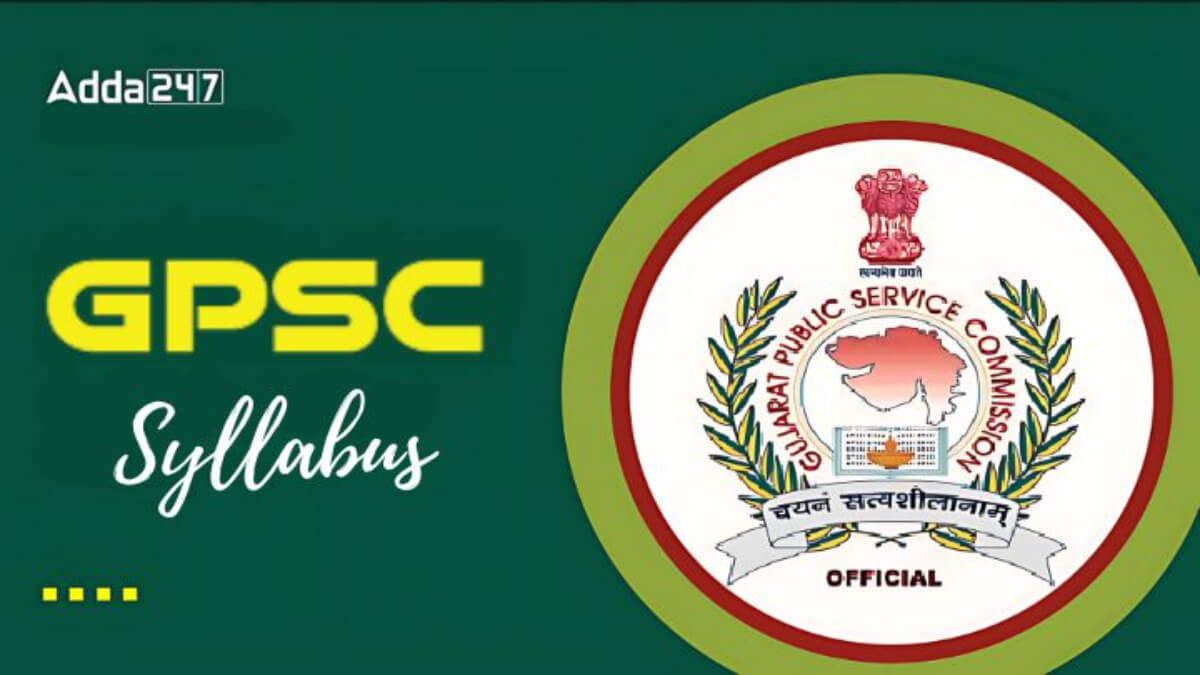
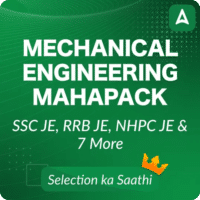

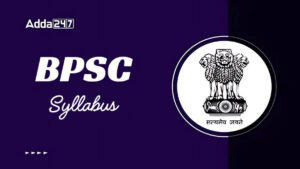 BPSC Assistant Engineer Syllabus & E...
BPSC Assistant Engineer Syllabus & E...
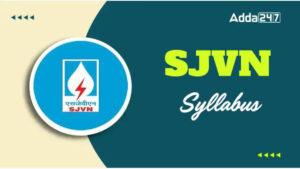 SJVN Executive Trainee Syllabus 2025, Ch...
SJVN Executive Trainee Syllabus 2025, Ch...
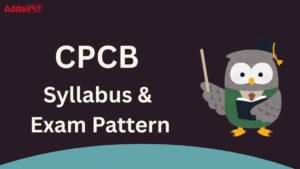 CPCB Syllabus 2025 For Scientist B and O...
CPCB Syllabus 2025 For Scientist B and O...

